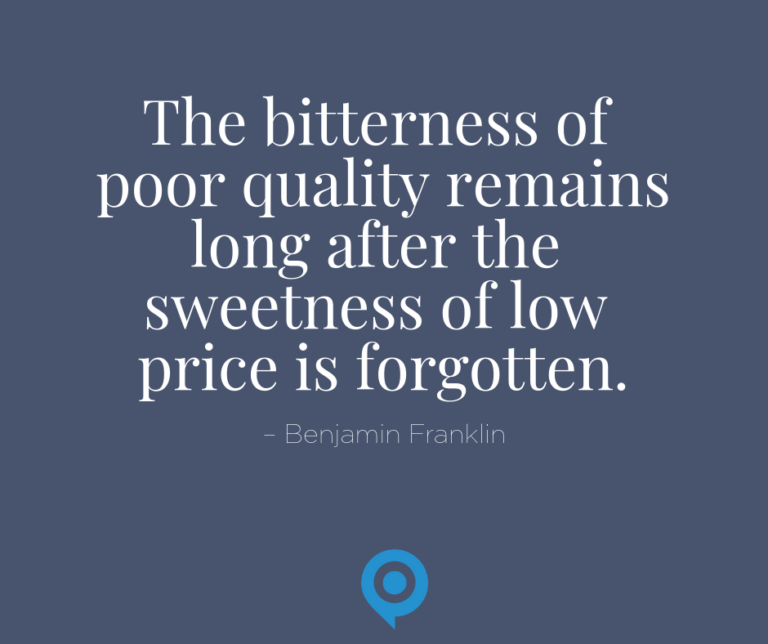The choices can often feel overwhelming when selecting a company for services or products. Whether hiring a contractor for a home renovation, choosing a service provider, or deciding on a new business partner, the stakes are high. In such situations, making an informed decision is critical. This is where customer reviews, licenses, and insurance come into play. They offer invaluable insights and can significantly impact your satisfaction and security. Here’s why these elements are crucial and how they can guide you to make the best choice.
The Power of Customer Reviews
Customer reviews are one of the most powerful tools for evaluating a company. They provide real-world insights from people who have firsthand experience with the business. Here’s why they are so beneficial:
Authentic Feedback: Reviews offer genuine feedback from previous customers. They highlight a company’s strengths and weaknesses, giving you a balanced view of what to expect.
Quality of Work: Reviews can help you gauge the quality of work or service provided. Positive reviews often indicate high standards and customer satisfaction, while negative reviews can reveal potential issues or recurring problems.
Customer Service: Reviews frequently touch on aspects of customer service, including how responsive and helpful the company is. This can be crucial for understanding how the company handles issues and interacts with its clients.
Reliability: Consistent patterns in reviews can help you assess a company’s reliability. If multiple reviews praise timely service and dependability, it’s a strong indicator that the company is trustworthy.
The Importance of Licenses and Insurance
When choosing a contractor or service provider, verifying their licenses and insurance is essential. These credentials ensure the company meets industry standards and protects both parties in case of issues. Here’s why they matter:
Licensing: A valid license indicates that the company or contractor has met the required qualifications and standards set by regulatory bodies. This ensures that they are knowledgeable and adhere to industry best practices. For example, some licensed contractors must pass exams and demonstrate proficiency in their trade.
Insurance: Insurance provides financial protection in case of accidents, damages, or injuries. For instance, general liability insurance covers property damage, while worker’s compensation insurance protects against work-related injuries. Without insurance, you may be liable for these costs if something goes wrong.
Why Some Contractors Might Not Have Licenses or Insurance
Some contractors or companies may operate without the necessary licenses or insurance despite the clear benefits. Here are some common reasons why:
Cost: Obtaining and maintaining licenses and insurance can be expensive. Some contractors may forgo these to save on costs, which can be a red flag regarding their commitment to professionalism and quality.
Lack of Regulation: In some regions, regulations may be lax, and not all contractors may be required to hold licenses or insurance. This can lead to variability in the quality and reliability of service.
Unprofessional Practices: Contractors who avoid licensing and insurance might be operating under unprofessional or illegal practices. This can put you at risk for poor workmanship and legal issues.
Evasion of Accountability: Without licenses and insurance, a contractor may not be held accountable for their work or any damages that occur. This lack of accountability can leave you vulnerable and without recourse if problems arise.
Making an Informed Choice
To make the best choice when selecting a company or contractor, consider the following steps:
Read Reviews: Look for detailed, honest reviews on reputable platforms. Pay attention to recurring themes and specific details that align with your needs.
Verify Credentials: Always check that the company holds the necessary licenses and insurance. Don’t hesitate to ask for proof and verify with relevant regulatory bodies.
Ask Questions: Inquire about the company’s experience, practices, and any concerns you might have. A reputable company will be transparent and willing to provide information.
Compare Options: Evaluate multiple companies or contractors to understand the range of services, pricing, and customer satisfaction. This comparison will help you make a well-informed decision.
Conclusion
Choosing the right company or contractor is a significant decision that can impact your project’s success and overall satisfaction. Customer reviews offer valuable insights into a company’s performance and reliability, while licenses and insurance assure professionalism and protection. By carefully evaluating these factors, you can make a more informed choice, ensuring you receive quality service and safeguard yourself from potential risks. So, next time you select a company, remember to leverage the power of reviews and verify their credentials to ensure a smooth and successful experience.





